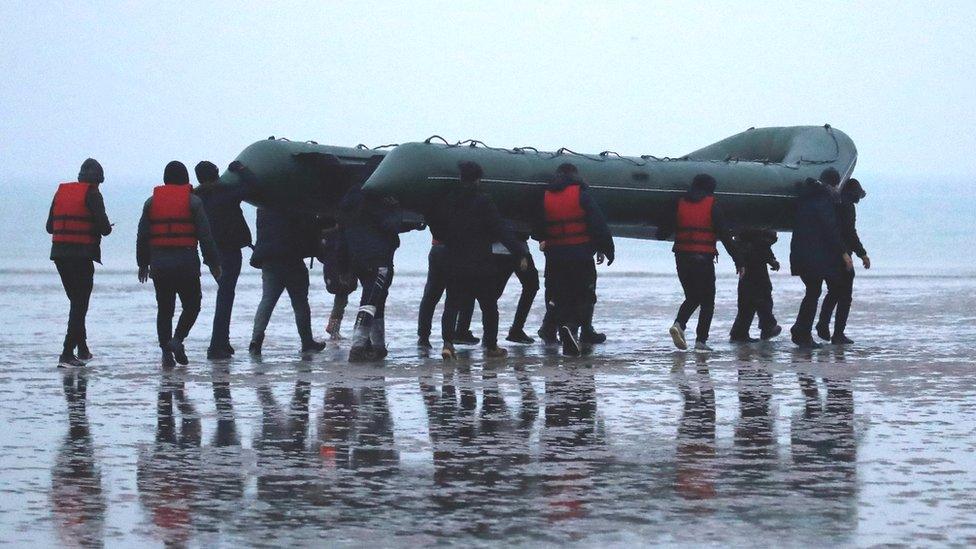Folkestone protest: Channel migrant deaths spark safe routes demo
- Published
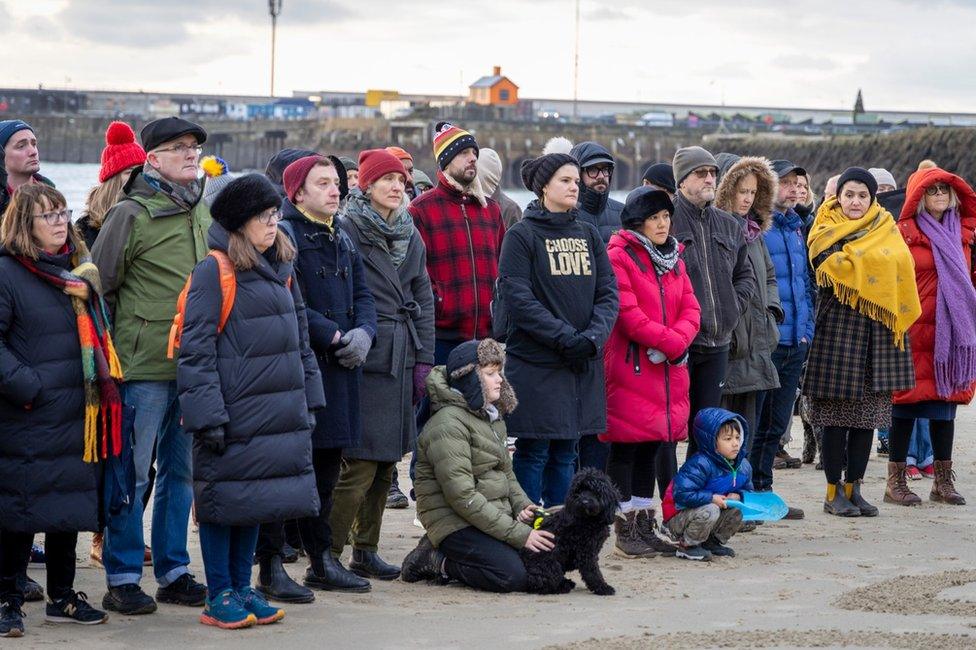
Folkestone residents gathered to call for No More Deaths in the Channel
Protesters have gathered on Folkestone beach to demand safe migrant routes after four people died in the Channel.
Thirty-nine people were pulled to safety in the early hours of Wednesday after a dinghy got into difficulties.
Organiser Bridget Chapman said local churches, a mosque and Labour, Liberal Democrat and Green politicians backed the demo.
The Home Office said it would "go further and faster" to tackle the gangs driving the crossings.
On Tuesday, the government announced new measures to stop boat crossings including a new command centre and more funding to tackle immigration crime.
People taking part in Saturday's demo held a minute's silence and wrote No More Deaths in the sand and laid flowers.
Ms Chapman said it was only weeks since the anniversary of when another dinghy sank in the Channel on 24 November 2021, killing at least 27 people.

At the scene
By Nick Johnson, BBC News
People of all ages braved the bitter cold to gather on the beach - paying their respects to those who lost their lives in the Channel earlier this week.
"No More Deaths" has been raked in the sand, accompanied by a scattering of white roses.
During a minute's silence, there was a sharp poignancy in the only other sound being the crashing waves just metres away.
This is a vigil, but also a call for change in government approach.
Campaigners here are calling for the government to provide a guaranteed safe route for asylum seekers to make the crossing from the French coast, clearly visible on the horizon.
The Home Office has said people should be claiming asylum in the first country they reach.

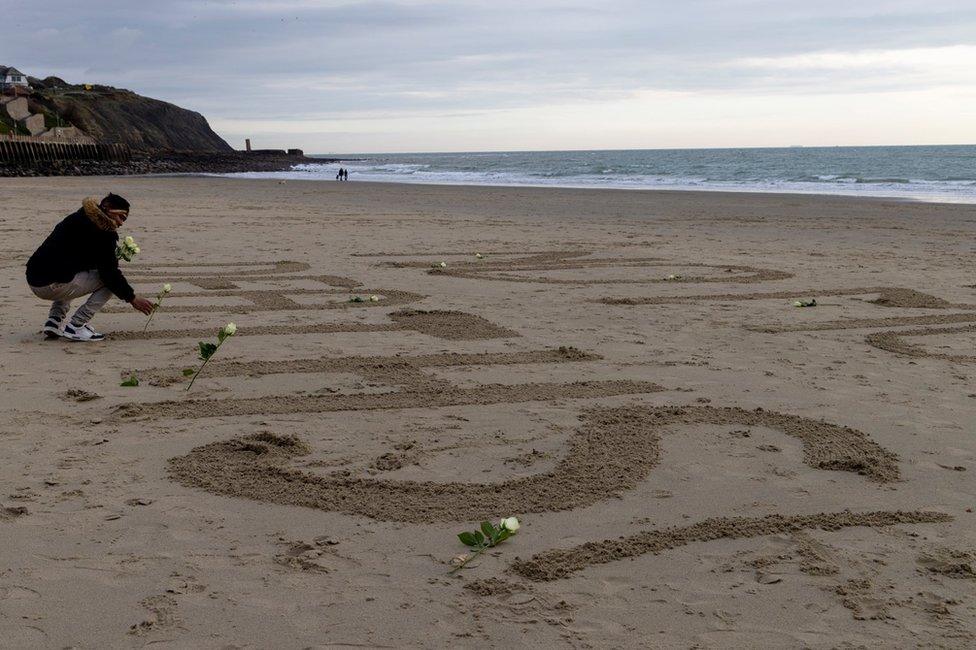
Protesters wrote No More Deaths in the sand and laid flowers
About 80 people attended Saturday's protest held on Sunny Sands, Ms Chapman said.
She added: "We are now saying 'no more'."
She said: "People have had enough.
"People in this town recognise them as fellow human beings and they want them to have access to safe routes."
Kent Police and the National Crime Agency are investigating Wednesday's incident off Dungeness, 30 miles west of Dover.
Ms Chapman, a former refugee charity worker who organised the protest as an individual, raised concerns about the trauma suffered by those making the crossing - and trauma experienced by those who rescue them.
A teenager was among the four who died this week and eight children were among those who were rescued.
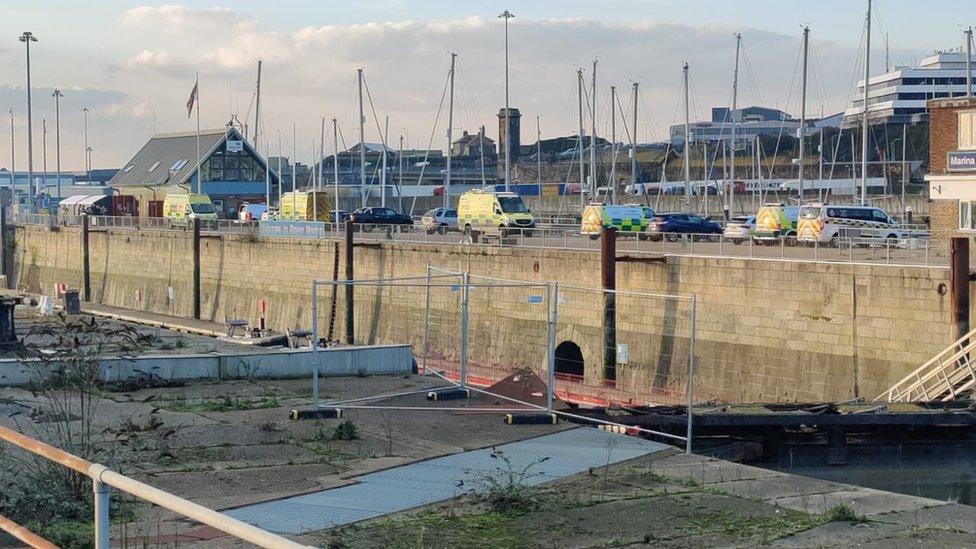
Ambulance crews gathered by Dover's lifeboat station as the rescue got under way on Wednesday
Ms Chapman said migrants could have their applications checked briefly in France before being given a cross-Channel ferry ticket - so they could arrive safely, and UK authorities would know who was arriving and when.
"If they've been targeted by the Taliban, or had bombs dropped on their house, or been caught up in a war in Sudan, and if they have a reason to come here, such as family, or they speak the language, we have to give them safe routes or we will have bodies in the Channel," she said.
A Home Office spokesman said the UK had a "proud history" of providing protection for "those who genuinely need it through our safe and legal routes".
They added: "Since 2015, we have offered a place to over 450,000 men, women and children seeking safety - including those from Hong Kong, Syria, Afghanistan and Ukraine.
"Nobody should put their lives at risk by taking dangerous and illegal journeys through the English Channel.
"We will go further and faster to tackle the gangs driving this, using every tool at our disposal to deter illegal migration, disrupt the business model of people smugglers and relocate to Rwanda those with no right to be in the UK."
Related topics
- Published15 December 2022
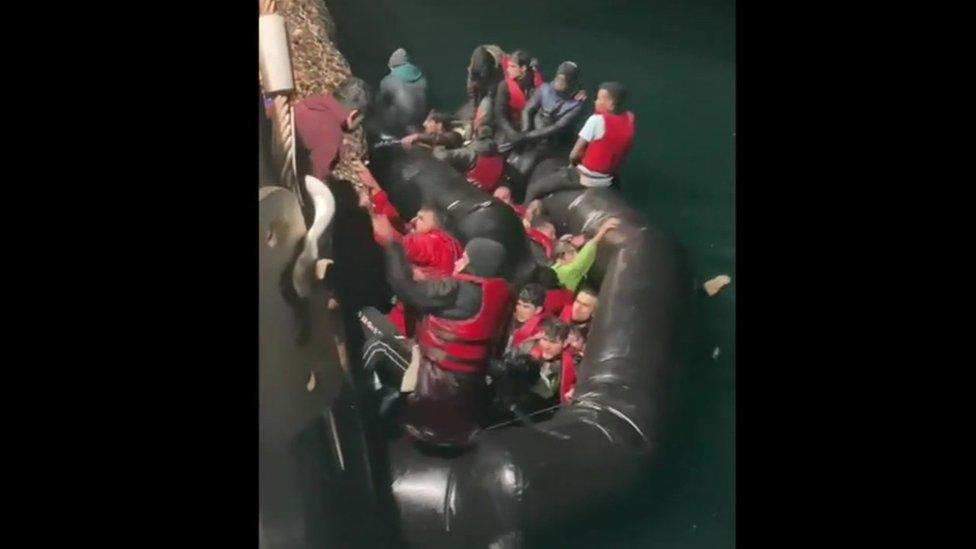
- Published13 December 2023
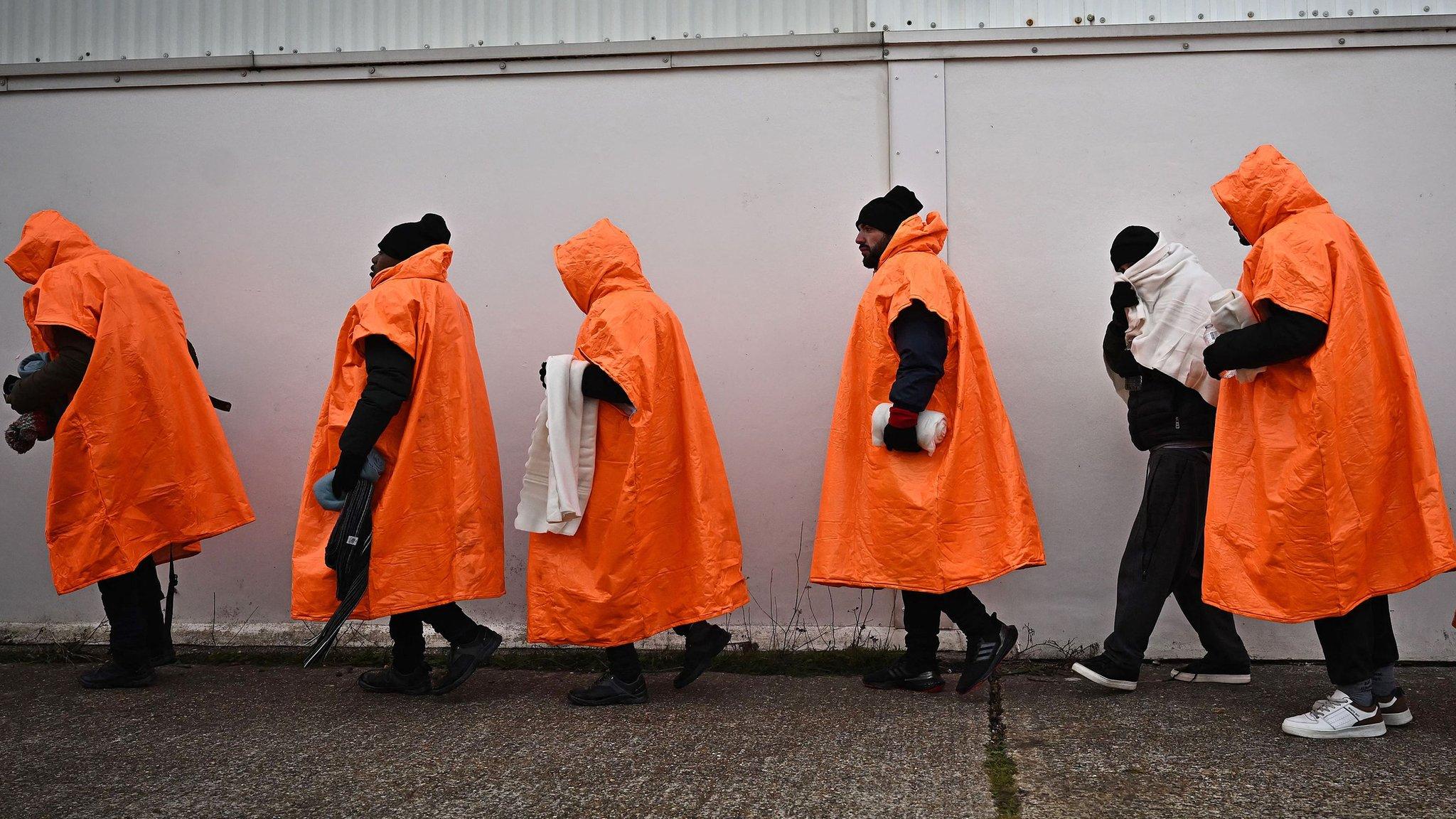
- Published14 December 2022
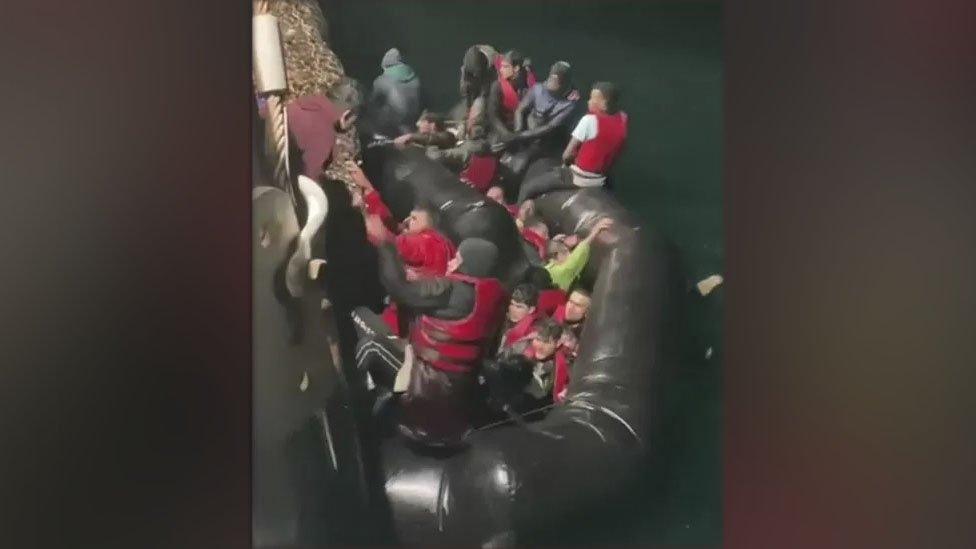
- Published25 November 2021
